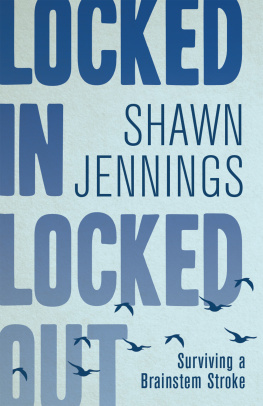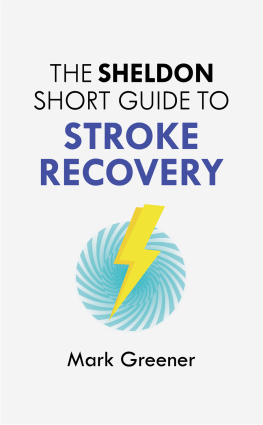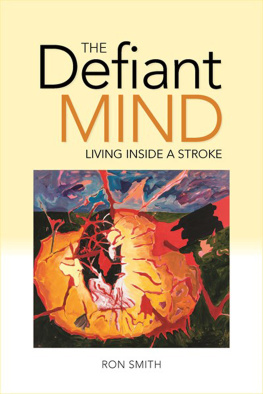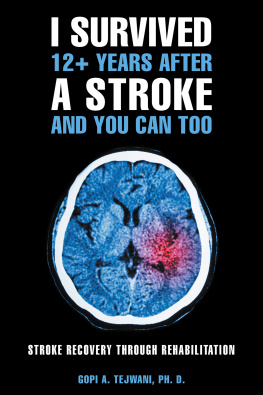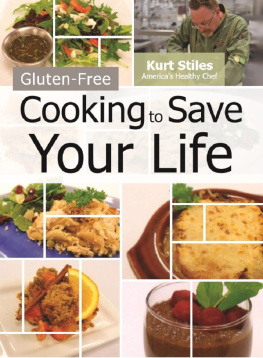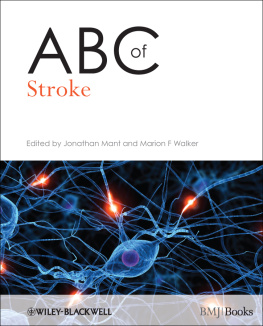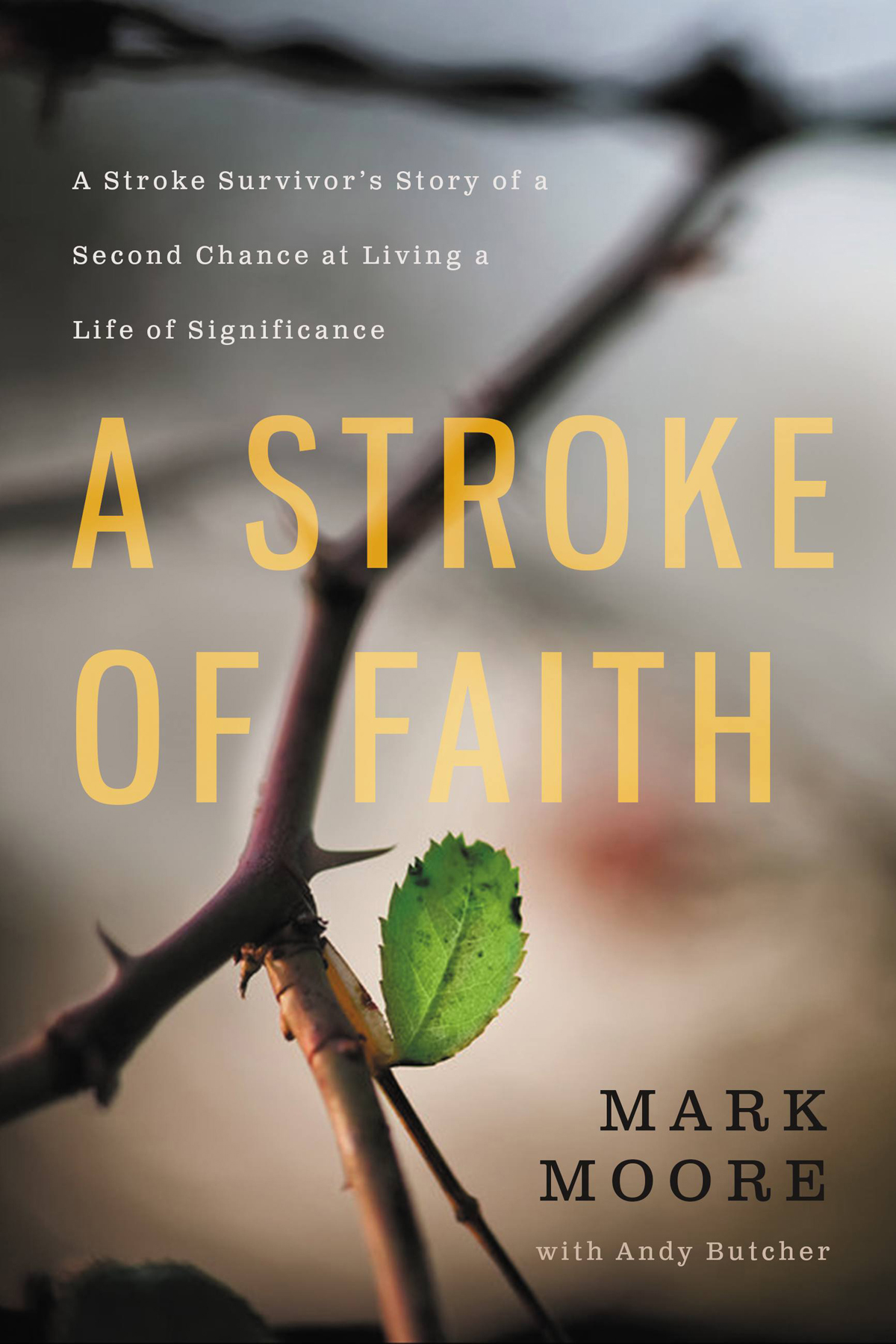Thank you for buying this ebook, published by HachetteDigital.
To receive special offers, bonus content, and news about ourlatest ebooks and apps, sign up for our newsletters.
Copyright 2017 by Mark Moore
Cover design by Jody Waldrop. Cover copyright 2017 by Hachette Book Group, Inc.
Hachette Book Group supports the right to free expression and the value of copyright. The purpose of copyright is to encourage writers and artists to produce the creative works that enrich our culture.
The scanning, uploading, and distribution of this book without permission is a theft of the authors intellectual property. If you would like permission to use material from the book (other than for review purposes), please contact permissions@hbgusa.com. Thank you for your support of the authors rights.
FaithWords
Hachette Book Group
1290 Avenue of the Americas, New York, NY 10104
faithwords.com
twitter.com/faithwords
First Edition: April 2017
FaithWords is a division of Hachette Book Group, Inc. The FaithWords name and logo are trademarks of Hachette Book Group, Inc.
The publisher is not responsible for websites (or their content) that are not owned by the publisher.
The Hachette Speakers Bureau provides a wide range of authors for speaking events. To find out more, go to www.hachettespeakersbureau.com or call (866) 376-6591.
Scripture quotations are taken from The Holy Bible, English Standard Version. Copyright 2001 by Crossway, a publishing ministry of Good News Publishers. All right reserved.
Lyrics from Lord I Lift Your Name on High copyright 1989 Universal MusicBrentwood Benson Publishing (ASCAP) (admin. at www.capitolcmgpublishing.com.) All rights reserved. Used by permission.
LCCN: 2017930390
ISBNs: 978-1-4555-7111-6 (hardcover), 978-1-4555-7110-9 (ebook)
E3-20170308-JV-PC
To God the great three-in-one: the Father, Jesus Christ His only Son, and the Holy Spirit: You are the only reason there is a story to tell, because of Your love and mercy.
To my parents, James and Lollie Moore, and second dad and mom, George and Louise Moore: You helped me to believe I could achieve, through your example and encouragement.
To Brenda, my bride and best friend: You continue to inspire and delight me every day with your love; I wouldnt be here without you.
To my children: Jene and Markus, and second son Gerald: You bring me joy as I watch you pursue your own dreams.
To stroke survivors everywhere: You have a story of your own to write! I hope mine may encourage you on your journey.
Its not about me, Mark protested emphatically as I talked with him about his experience in overcoming two strokes and fighting back to carry on a normal life. You see, Mark wanted everyone to know that his recovery was the act of a sovereign God, or the work of gifted physicians, therapists, nurses, and other caregivers, or due to the extensive network of family and friends who supported him throughout the long road to recovery. He did not want any of the credit for his near-miraculous recovery and restoration of a normal life.
As the CEO of a large, sophisticated health system, I know patients often attribute their recovery to the skill and dedication of extraordinary surgeons, physicians, and allied health professionals. In fact, the wonders of modern science that restore health to patients suffering from life-threatening illness or accident are becoming increasingly common. In truth, the billions of dollars spent each year on research into the causes of illness and the best ways to treat it lead many patients and doctors alike to worship at the altar of science.
In healthcare, the truth is we know that science explains many of the mysteries of this life. In the hands of a well-trained doctor and her team, science becomes the agent of healing that saves so many from death, not to mention tremendous suffering and disability. At the same time, we know that patients often think that their physician is the agent of Gods will in their lives. They conclude that God directed their care and/or the presence of crucial caregivers who intervene at just the right, lifesaving moment. At the same time, the question remains of why they survived a near-death experience, and they often think initially about the role the Almighty must have played.
As recovery proceeds and the perilous hours pass into further recesses of their memory, patients usually then begin to see the role they themselves play in the process of achieving recovery and rehabilitation. The hard work of physical rehabilitation especially, often grueling and painful, leaves them dripping with perspiration and exhausted from the extreme exertion.
Progress is slow and sometimes invisible on a day-to-day basis. Many, if not most, patients become discouraged and accept their new loss of capacity and function. They want to reclaim their old life but have lost the will to endure the daily pain. Simply put, they have lost hope that they can make it back.
When he first awoke from his coma, Mark Moore was not able to move his head. He could not raise his arms or move his legs. His only form of communication was to blink his eyes yes or no in response to questions. Initially, he was totally dependent upon others for the most basic of human functionseating, toileting, turning, and positioning so he could breathe without assistance. He was dependent upon his caregivers for everythingfor his life and for his prospect even for survival.
Experienced caregivers know that it is typically at this point that hope must be transplanted into a patient if they are to regain their sense of self and the desire to recover. Mark, however, did not really need a transplant of hope. When Brenda, his wife, first explained what had happened to him, how he had been in a coma for almost a month, he told her, I have got to get out of this bed. When nothing happened as he tried to move the various parts of his body, he looked back at her in a way that signaled his determination to find out what he had to do to turn his life toward the goals of recovery.
Mark wanted to get well and he was ready to do whatever it took to make it happen. He told the physical therapists who came to treat him to give him whatever hard work they wanted to throw at him. He could take the pain, he saidhe could and would do whatever it took to get back. Unfortunately, it rapidly became clear that his recovery was not up to just him; it was up to all those therapists and doctors who were in total control of his life.
It became clear that Mark had to surrender his will to theirs, and in doing so, he took perhaps the most important step in his recovery. He knew from his foundation in the Christian faith that he had to surrender to a higher power to claim the life he wished to live with Brenda and his family.
In this book, Mark tells of an extraordinary chapter in his life that was not of his own making. Some of the story is written by God and by the science of the genetics that brought about Marks strokes and his response to his first collapse. Some of the story is written by the incredible physicians, nurses, therapists, and other health professionals who set to work using the best that science had to offer to bring about the restoration of a purposeful, impactful life. Some of the story is written by Brenda, who built and decorated the infrastructure of human support without which nothing else would have worked.
It is a story of miracles, of a life that was reclaimed by miracles wrought by healthcare workers and by the Almighty. It is a story that teaches us our part in miracles, and how those who find themselves in a similar place can find a road to recovery that will please both God and man.





